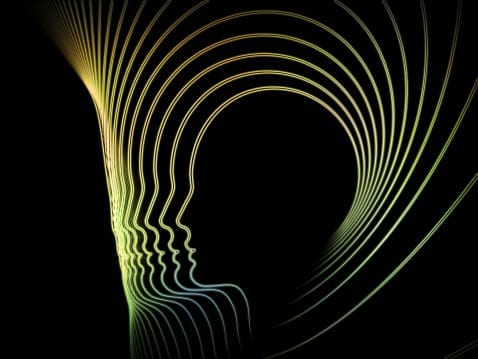Cannabis use disorder is the standard term for people diagnosed with cannabis (marijuana or hashish) addiction or a pattern of dysfunctional, non-addicted cannabis use that causes serious impairment or life disruption. People affected by this disorder commonly experience changes in their brain function that include significant memory problems. In a study published in December 2013 in the journal Schizophrenia Bulletin, researchers from Northwestern University and Washington University compared the brain and memory problems in people diagnosed only with cannabis use disorder to the brain and memory problems found in people diagnosed with both cannabis use disorder and the severe mental illness schizophrenia.
Cannabis Use Disorder Basics
The criteria for cannabis use disorder come from the American Psychiatric Association (APA), which also sets the commonly accepted criteria for diagnosing all other forms of substance abuse and substance addiction. Cannabis use disorder is one form of substance use disorder, the diagnosis the APA now endorses as a replacement for a separate diagnosis of abuse- or addiction-related substance issues. Doctors can use a cannabis use disorder diagnosis for any cannabis user who experiences two to 11 symptoms of cannabis-related dysfunction or dependence. Examples of these symptoms include repeated cravings for marijuana or hashish use, a recurring inability to keep marijuana or hashish intake within limits, increasing tolerance to the effects of cannabis, a cannabis-fueled inability to maintain standing obligations and recurring use of cannabis in situations that pose a danger to the user or to the general public. Doctors gauge the severity of each case of the disorder based on the number of symptoms present in any given individual.
Schizophrenia and Cannabis Use
Schizophrenia is well known for its production of symptoms that can severely degrade a person’s ability to stay grounded in moment-to-moment reality. The most prominent of these symptoms, known collectively as psychosis, include both serious sensory hallucinations and entrenched patterns of irrational, illogical or fantastical thinking called delusions. For some time, doctors and researchers have explored an apparent link between schizophrenia and cannabis use. The chief reason for this exploration is the strong similarity between the symptoms of true psychosis and the temporary mental states that occur in a substantial number of marijuana and hashish users. Current evidence indicates that cannabis users with known or unknown risk factors for the onset of schizophrenia can potentially increase their chances of developing the disorder by using hashish or marijuana. In addition, known schizophrenics who use cannabis can potentially boost the intensity of the existing psychosis-related symptoms.
Comparing the Brain Effects
In the study published in Schizophrenia Bulletin, the Washington University and Northwestern University researchers used detailed imaging procedures to compare the memory functions and brain structures of CUD-affected individuals diagnosed with schizophrenia to the memory functions and brain structures of CUD-affected individuals with no schizophrenia history. In order to make sure they addressed all of the possible factors involved, they included four groups of people in the project: 15 people diagnosed with both schizophrenia and cannabis use disorder, 28 people affected only by schizophrenia, 10 people only affected by cannabis use disorder and 44 generally healthy cannabis users free from both schizophrenia and CUD. The researchers concluded that, whether or not they were affected by schizophrenia or CUD, all of the participants who used cannabis experienced changes in the shapes of certain key brain structures. All of the cannabis-using participants also experienced measurable declines in an essential form of short-term memory called working memory. However, compared to the individuals not diagnosed with cannabis use disorder or schizophrenia, the individuals diagnosed with both of these conditions exhibited a greater decline in working memory and also experienced a relatively early onset of cannabis-related problems. In addition, compared to the cannabis users not diagnosed with schizophrenia, the cannabis users diagnosed with the disorder were clearly affected by more serious changes in normal brain structure. Significance and Considerations The authors of the study published in Schizophrenia Bulletin concluded that people affected by both cannabis use disorder and schizophrenia experience brain changes not found in people only diagnosed with CUD, or in people not diagnosed with either schizophrenia or CUD. However, they could not determine whether the characteristic changes found in people affected by both conditions are the result of cannabis use or stem from a time before cannabis use ever occurred.

